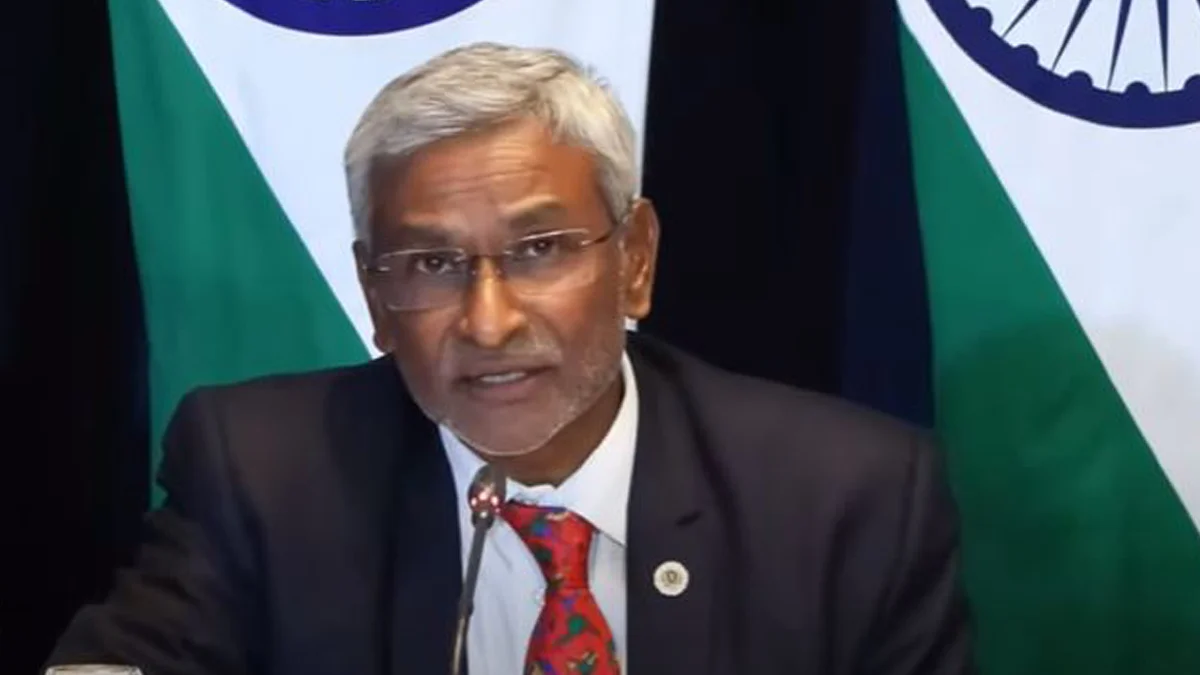Necessary Always Active
Necessary cookies are required to enable the basic features of this site, such as providing secure log-in or adjusting your consent preferences. These cookies do not store any personally identifiable data.
|
||||||
|
||||||
|
||||||
|

India’s Unified Payments Interface (UPI) continues to gain international recognition after NPCI signed a licensing agreement with the Bank of Namibia, as reported by The Economic Times. This collaboration will pave the way for the UPI launch in Namibia, a major step toward strengthening financial ties between the two nations.
The Ministry of External Affairs (MEA) confirmed the development during the third India-Namibia Joint Commission meeting held in Windhoek. This move aligns with NPCI’s global strategy to expand India’s real-time digital payment solutions to new markets.
Dammu Ravi, Secretary (Economic Secretary), MEA, said, “Namibia is the first country in the world where NPCI-National Payment Corporation of India and the Namibian Central Bank have entered into a licensing agreement for the deployment of the UPI in Namibia for real-time payments. This is a significant development. We believe that this will open up new avenues for cooperation in the digital space between our two countries…”
Namibia is set to become one of the few African nations to embrace a UPI-style system for domestic transactions. This step marks a significant milestone in NPCI’s global expansion, as it enables other countries to develop efficient, affordable, and accessible payment platforms.
The agreement was signed between NPCI International Payments Limited (NIPL), the international arm of NPCI, and the Bank of Namibia. The aim is to build instant payment systems in Namibia that are similar to India’s UPI infrastructure.
The Bank of Namibia believes that this partnership will not only support the country’s financial inclusion goals but also provide a safe and efficient alternative to cash-based transactions.
The MEA Secretary said, “This visit assumes importance in more than one way. This is a visit taking place after 27 years by the Prime Minister of India. This is also a time when the President of Namibia has just assumed her office in March after a landslide victory, which means there will be continuity in our relationship. It will further facilitate deepening in our relationship.”
The launch also reflects the growing cooperation between India and Namibia in the field of technology and finance. During the commission meeting, both nations expressed interest in increasing collaboration in digital public infrastructure and fintech.
India’s move to support Namibia in launching UPI shows how digital diplomacy is becoming a part of India’s foreign policy. It enables partner countries to benefit from successful Indian innovations while enhancing India’s soft power abroad.
PM Modi said while addressing the Namibian Parliament, “People will be able to send money faster than one can say ‘Tangi Unene.’ Soon, a Himba grandmother in Kunene, or a shopkeeper in ‘Katutura’, will be able to go digital with just a tap faster than a ‘Springbok’.”
The UPI model has already attracted global attention, with similar partnerships being signed in countries such as France, Sri Lanka, and Singapore. UPI’s launch in Namibia is another feather in the cap for India’s digital public infrastructure. It also strengthens NPCI’s global strategy of replicating UPI in other developing economies looking to leapfrog into digital payments.
By supporting the rollout of UPI in Namibia, NPCI is helping the country leap into a modern, cashless economy, while also showcasing India’s leadership in fintech innovation.